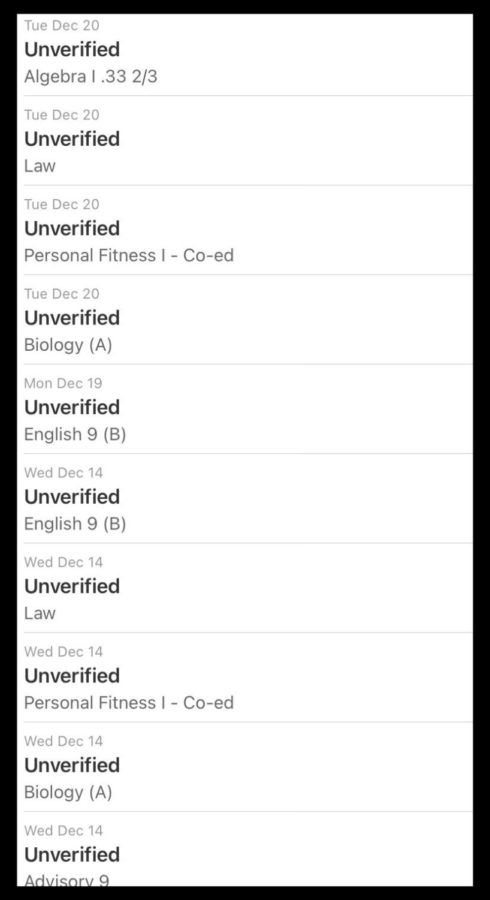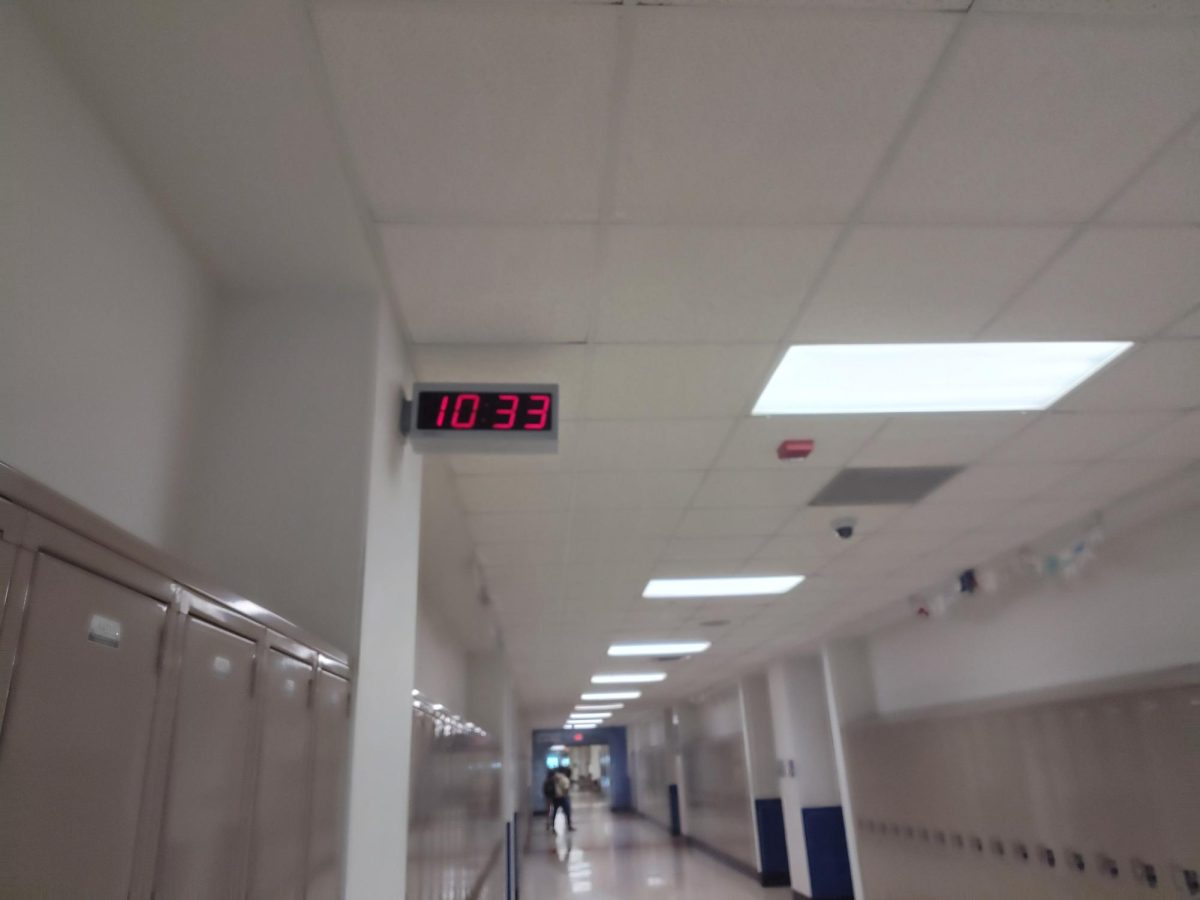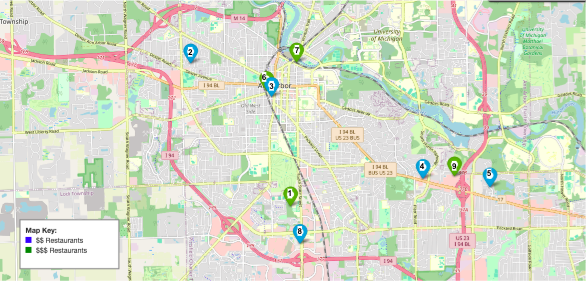“Hours matter, days matter,” counselor Charissa Bass shares. Why does missing school matter for you?
Teachers interviewed by The Skyline Post have noticed that students who frequently miss school have a harder time socializing in the community. Students tend to make their friends and social groups at school, so missing that can have consequences; it can lead to feeling isolated or lonely.
Missing school can also affect your grades, making them go lower and lower as you miss more school. “It’s become a habit for me to miss school,” says one Skyline student [name withheld]. It “affect[s] my motivation to learn and get work done.”
While grades can be affected by absences, there are ways for students to get resources from their teachers to learn from home or wherever they are.
“My class is set up so that you can find things online,” comments Chad Bickel, teacher at Skyline. “The students that have internet access do better when they miss school than students who don’t.”
While colleges do look at absences, if they see improvement over your time in grades or they will not generally take any opportunities from you.
“As long as grades are not affected more overall [colleges] do not look at attendance that much,” says Heather Schimmel, Skyline counselor.
Teachers interviewed by The Skyline Post have noticed that the students who are in the building but do not go to class often have the lowest grades, although in AAPS absences are not allowed to be directly linked to grades.
“I think they miss out on the instruction that the teachers are providing and the discussions,” says Casey Elmore, SLC principal.
“When you miss school and then you come back, it makes it harder to interact with other students,” says Bickel, “especially if this is happening frequently.”
If a student has a lot of unexcused attendances, Skyline attendance officer George Brieloff will send a letter to parents. Although if he notices a pattern before then he tends to meet with students and parents to see what he can do before absences become an issue.
There are three levels of attendance consequences in AAPS. Level one means the student has 5 or more unexcused days of school they’ve missed, level two is 10 to 20 unexcused days of school. Both of these give the student a letter home and Brieloff may meet with the student. Once you get to level three, 20+ unexcused days of school, Brieloff sends home a letter and will meet with the student and parent with the student’s assigned SLC principal.
“There’s a million reasons kids don’t come to school,” says Brieloff. His number one goal is to always help students get to class and help their environment.








